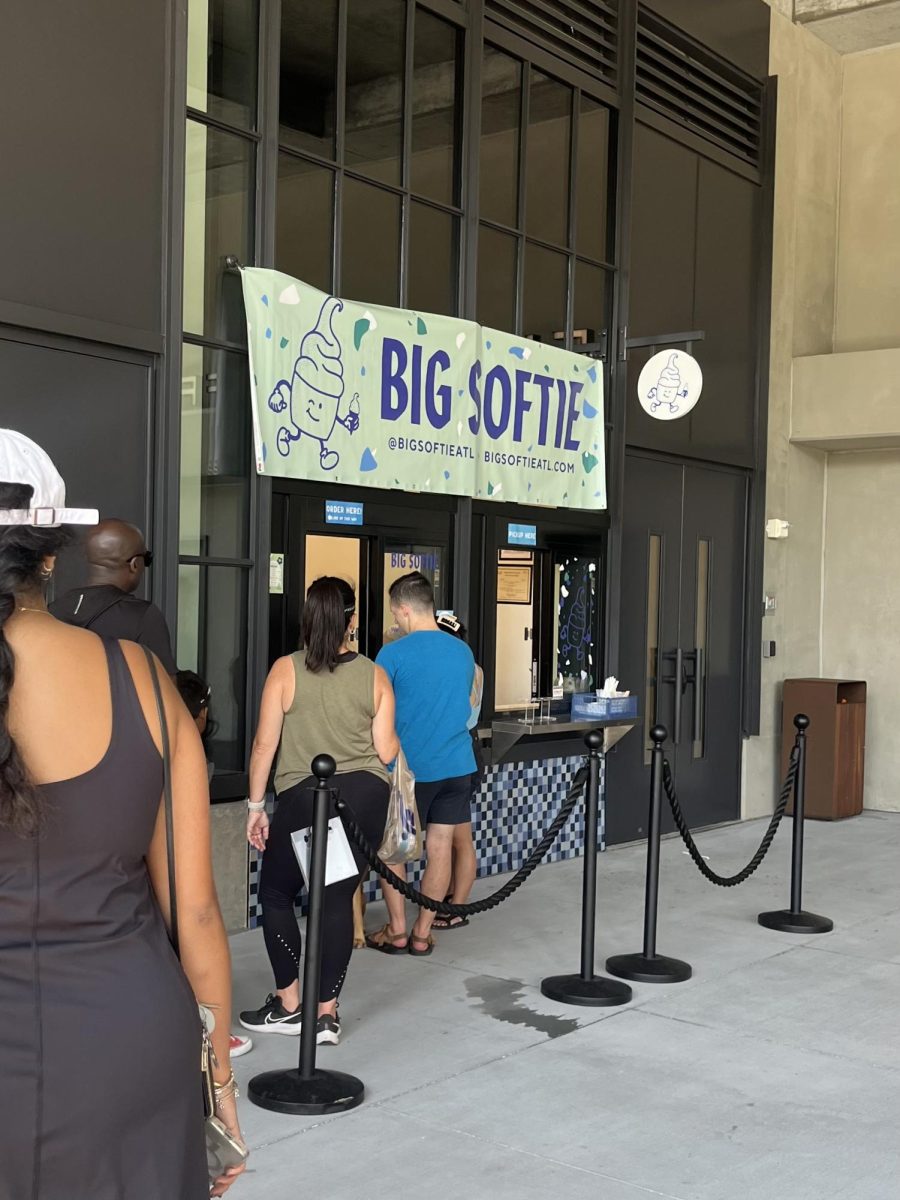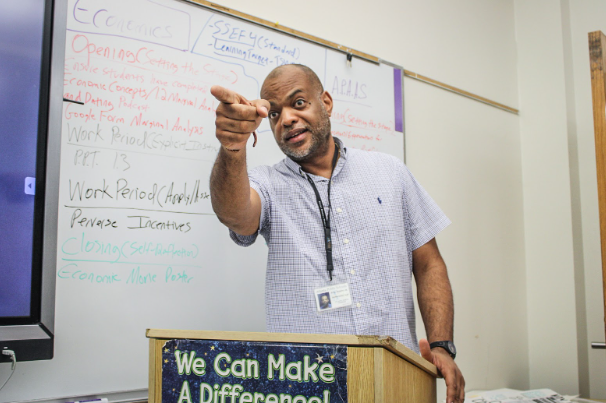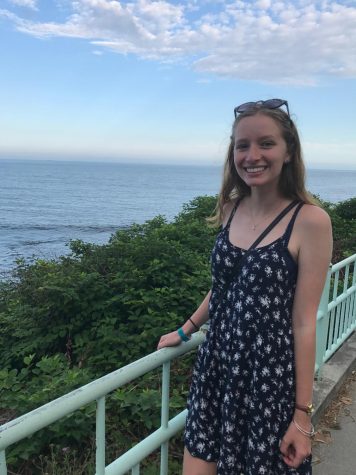IGNITE, a non-partisan and non-profit organization, is taking an original approach to “ignite” the flames of political participation in girls across the country, following distressing trends of women in legislative positions.
Women make up half of the United States population, yet they hold less than 20 percent of legislative seats around the country. In 2014, this left America ranked 98th in the world for percentage of women in its national legislature, which was down from its 59th ranking in 1998.
“If we’re talking about representation, 51 percent of our elected offices and politicians should be women, right? You would think,” said Deborah Richardson, the Executive Vice President of the Center for Civil and Human Rights in Atlanta.
Proactive organizations around the country and the world have tirelessly attempted to eliminate the plaguing disparities that Richardson described, but alarming statistics show that there has been paltry improvement over the years. Eighteen percent of U.S. House Representatives are women, which is below the world average of 21 percent. Twenty four states have never had a woman as governor.
Despite these discouraging facts, groups such as IGNITE are making continuous developments. IGNITE works to bring women of all ages, ethnicities and races into politics. The group has chapters in high schools, colleges and universities nationwide that encourage girls to get involved in public service.
“Gender parity in political leadership is imperative,” said Sara Guillermo, Chief Program Officer at IGNITE. “Until we have a government that represents us fully — looks like us, has similar experiences, can relate to the struggles — policies will continue to be created that don’t serve everyone. Our young women are so extremely powerful. They deserve to have as many opportunities to be able to lead and serve.”
IGNITE was created by Dr. Anne Moses in 2010 to build political ambition in girls. According to a report, “The Legislative Effectiveness of Women in Congress,” women are introducing more bills specific to women’s issues and are dedicating more time and effort to passing their legislation than their male counterparts. Focusing on women and minority representation in government is something that many progressive politicians consider imperative in order to move forward.
“There’s a normative standard in politics of white, heterosexual males, and everything has always been and still is aimed toward that lens. Therefore, when people have different perspectives and different needs, we never get to hear what the real issues are,” said Richardson, who was inspired growing up during the Civil Rights movement across the street from Martin Luther King Jr.’s parents. “Representation is having people who are directly impacted by their experiences share their stories. People who are impacted by the situation have solutions that they know will fix their issues, as opposed to someone who is not a part of the affected group.”
IGNITE’s efforts have been recognized nationally.
“For a while now, women have been in leadership roles,” said Angela Rye, a CNN Political Commentator and NPR Political Analyst, at a discussion at the Civil and Human Rights Center. “That being said, when it comes time for women to be the leader, there are questions. We don’t have enough programs that train young women to run for office. IGNITE is one of the rare ones that does.”
The organization has trained around 5,000 young women around the country since 2010.
“As a young woman in politics, I’ve noticed two things,” said Jade Goins, the IGNITE National, Atlanta Fellow. “One: that many of us, but not enough of us, know the lack of female representation in government. But two: that the women that are in political offices are the strongest, most confident, well-spoken and well-dressed intellectuals that I’ve ever been around. The female political leadership we have represents agents of change. The more we bring young women into this sphere, the more we can elect into office.”
With the recent inauguration of President Donald Trump, whose new administration only includes two women in his cabinet, Guillermo thinks it is now more important than ever to support women running for office and to make sure they know their only qualification needs to be wanting to be an impetus for change.
“Thinking we’re not good enough, ready or have the time on top of everything else we do [is something that deters women from getting involved in politics],” Guillermo said. “The young women we work with at IGNITE come in thinking they need a law degree, PhD or a Master’s degree to run, which is totally not the truth. Their experiences in their communities are invaluable, and we work with our young women to position them for running as early as possible.”
Sara Looman, the Advanced Placement World History teacher at Grady High School, recently became the sponsor of an IGNITE chapter after Parker Killenberg, one of Looman’s students, expressed interest in bringing the movement to the school.
“After hearing that these creative and powerful girls wanted to start something so exciting at Grady, I thought, ‘of course they can use my room,’” said Looman. “I don’t think there’s an explicit definition about what our contribution as women can be to the political world, but I feel like IGNITE is guiding the diverse thought behind it.”
Going forward, IGNITE has resolute plans to encourage more girls to get involved in the political sphere.
“In response to the 2016 election results, IGNITE’s mission has become more prevalent now more than ever,” Goins said. “Young women have become more politically engaged and ambitious through marches, conferences and day-to-day conversations focusing on the power and potential of women. Our goal to develop young women still stands through bridging the gap between young women interested in political office and elected officials that represent that reality.”
Photo courtesy of Jade Goins







